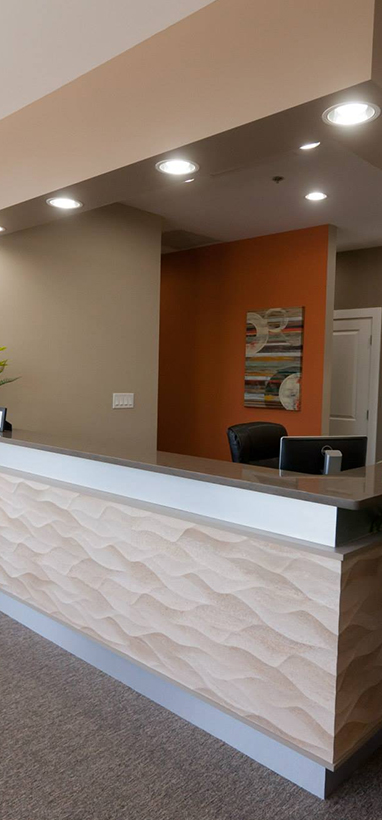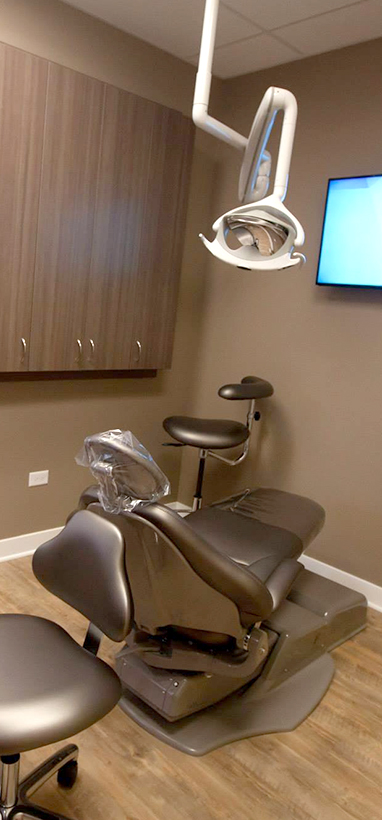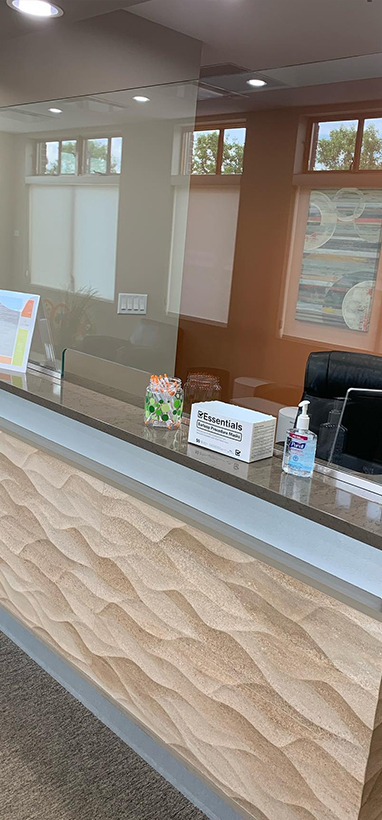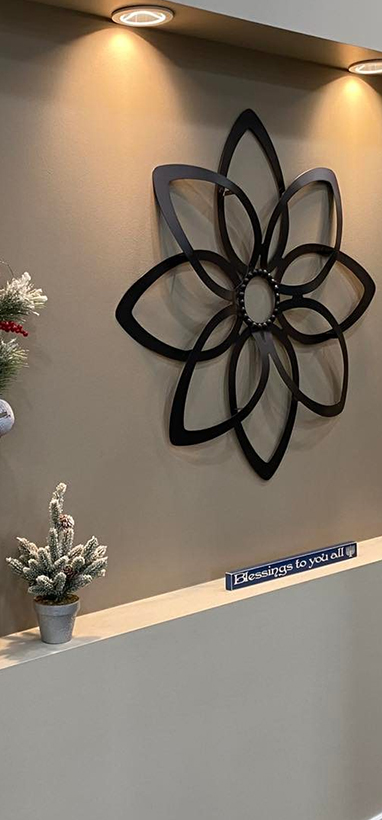1516 Legacy Cir, Naperville, IL 60563
Are Dental Sealants Necessary?
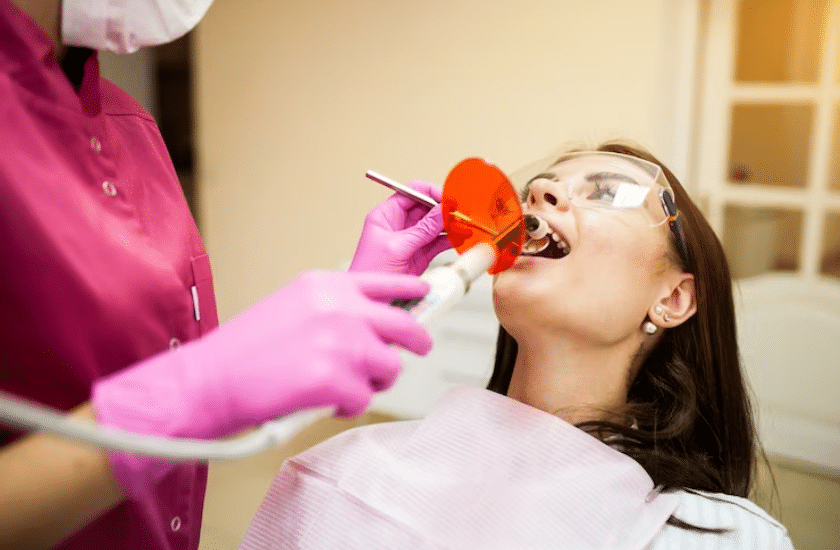
Are you tired of hearing conflicting opinions about dental sealants? As a patient, it can be challenging to navigate the different arguments for and against this preventive measure. However, fear not! In this blog post, we will explore the benefits and drawbacks of dental sealants to help you make an informed decision about your oral health. Whether you’re considering getting them for yourself or your child, stay tuned to find out if dental sealants are necessary for maintaining healthy teeth.
What Are Dental Sealants?
Dental sealants are a treatment used to prevent tooth decay. They are usually applied to the chewing surfaces of the back teeth (molars) where decay is most likely to occur. Sealants act as a barrier, protecting the tooth enamel from the acids that cause decay. Sealants are most effective in preventing decay when they are applied soon after the teeth erupt. However, they can also be applied to adult teeth. Your dentist will determine if sealants are right for you based on your dental history and the condition of your teeth.
Applying sealants is quick and easy. The tooth is cleaned and then a gel is placed on it to help the sealant adhere. The sealant is then painted on the tooth and allowed to harden. Once it hardens, it forms a protective barrier over the tooth enamel. Sealants can last for several years, but they will need to be checked at regular dental visits and replaced if they start to wear down or come off.
How Do Dental Sealants Work?
- Dental sealants are a thin, plastic coating that is applied to the chewing surfaces of the back teeth — the molars and premolars. Sealants protect these teeth from cavities by sealing out food and bacteria.
- Sealants are most often used on children’s teeth, but adults can also benefit from them. The procedure is quick and easy, and it can save you a lot of time and money in the long run.
- To apply sealants, your dentist will clean your teeth and then dry them. Next, he or she will apply an acidic solution to help the sealant bond to your teeth. After a few seconds, your dentist will rinse off the acid and dry your teeth again.
- Finally, he or she will paint the sealant onto your teeth and harden it with a special light. The whole process takes about 30 minutes.
Are Dental Sealants Safe?
Dental sealants have been proven to be a completely safe and highly effective method of safeguarding your teeth against decay. These sealants are composed of a thin, transparent plastic material that is carefully applied to the chewing surfaces of your back teeth. By creating a protective barrier, dental sealants work to prevent food particles and plaque from accumulating in the crevices of your teeth, which can ultimately lead to the formation of cavities. Not only do dental sealants provide a reliable defense against tooth decay, but they are also a non-invasive and painless procedure that can be completed in just one visit to your dentist. So, if you’re looking for a simple and effective way to protect your teeth and maintain optimal oral health, dental sealants are a safe and highly recommended option.
Who Needs Dental Sealants?
Dental sealants are a necessary part of oral care for anyone who wants to avoid cavities and tooth decay. Sealants are a thin, clear coating that is applied to the chewing surfaces of the back teeth –– the molars and premolars. The sealant bonds to the tooth enamel, creating a barrier that keeps out tooth plaque and food debris. Sealants can last for several years and are an effective way to prevent cavities in both children and adults.
How Often Should Dental Sealants Be Replaced?
The American Dental Association (ADA) recommends that dental sealants be applied to the chewing surfaces of the back teeth — the molars and premolars — as soon as they erupt. Once in place, sealants should be checked at every regular dental visit and re-applied or repaired as necessary.
In conclusion, dental sealants can be an effective tool in the effort to combat tooth decay and cavities. While not everyone needs or requires dental sealants, they are generally recommended for children and young adults as a preventative measure against developing these problems. If you have any questions about whether or not your child should get dental sealants, it is best to talk to your dentist who can provide more insight into the benefits of this procedure.



